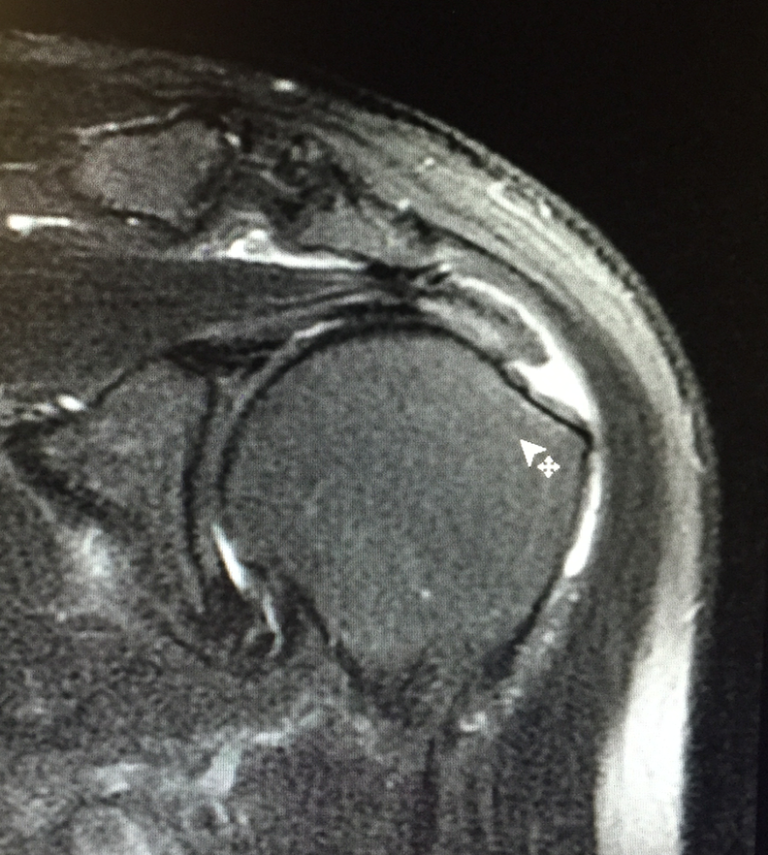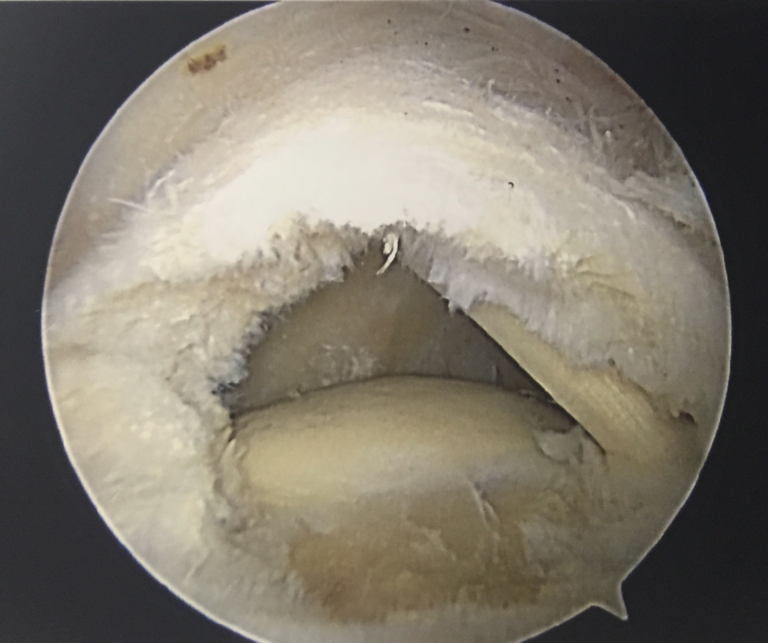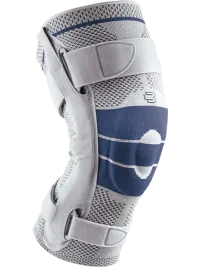
Rotator Cuff Tears
Introduction
Rotator cuff tears are one of the most common causes of shoulder pain. They can occur in both younger patients typically due to trauma and in older patients with both degenerative and traumatic causes. There are 4 tendons that make up the rotator cuff: supraspinatus, infraspinatus, subscapularis, and teres minor. The most commonly torn tendon is the supraspinatus tendon.

Symptoms/Signs
The primary symptom of rotator cuff tears is pain. This pain is often worsened with activity but can also occur at rest. Weakness and limited range of motion are typically present as well. The ability to perform overhead activities including reaching into a cabinet and sporting activities that involve throwing or swinging can be affected. However, symptoms and signs vary considerably depending on the cause and size of the tear.
Evaluation
Your orthopaedic surgeon will review the history of your shoulder pain and perform a physical exam. X-rays are used to evaluate the bones of the shoulder and diagnose fractures, dislocations, and arthritis. Magnetic resonance imaging (MRI) and ultrasound can provide definitive diagnosis of a rotator cuff tear.
Treatment
Non-Operative TreatmentMany patients can be treated non-operatively with a period of rest and non-steroidal anti-inflammatory medications and allowed to resume normal activities as tolerated. Other patients may benefit from physical therapy to strengthen the shoulder and improve range of motion. A steroid injection to decrease inflammation and pain may be offered as well.
Surgical Treatment

Your orthopaedic surgeon will determine if surgery is indicated and discuss the risks and benefits with you. Surgery is typically performed in an ambulatory surgery center as an outpatient procedure. After the torn tendon is repaired, your shoulder is immobilized in a sling for several weeks to allow it to heal. When the rotator cuff tendon heals, physical therapy is commonly utilized to help patients regain their range of motion and strength. Most patients have excellent outcomes after surgical repair.
